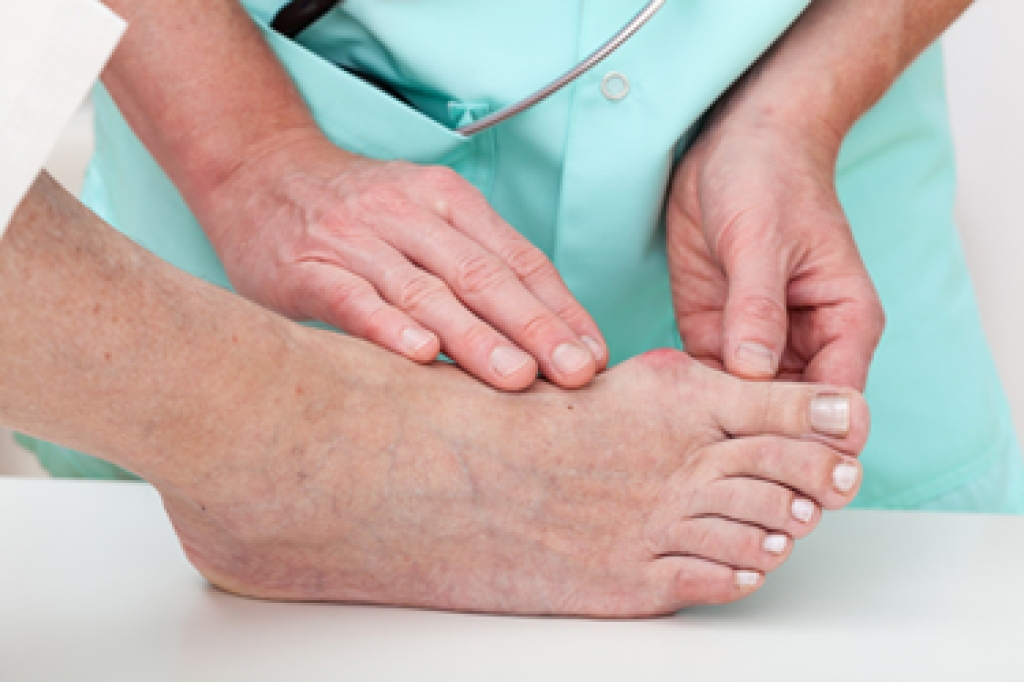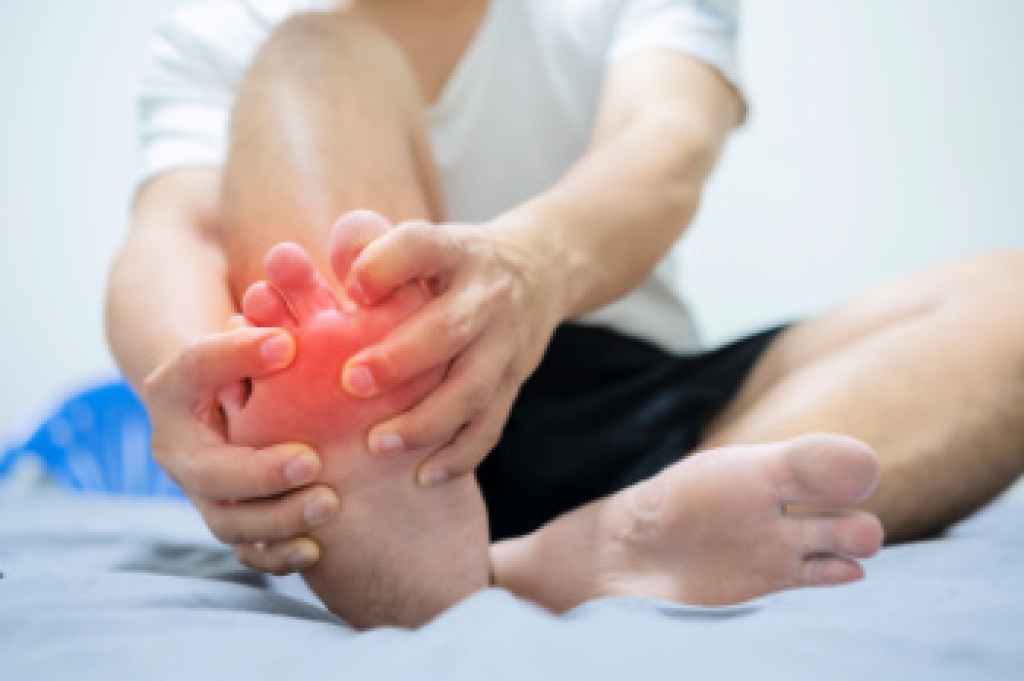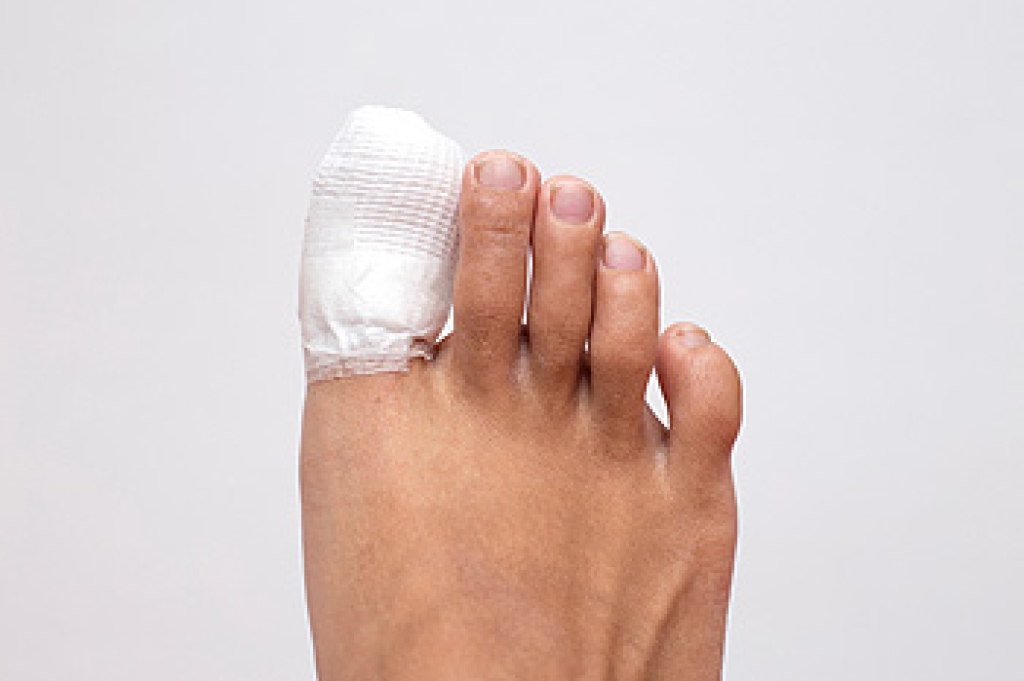
Ingrown toenails often linger when the nail continues to press into the skin at the side of the toe, usually affecting the big toe. This pressure can cause pain, swelling, and in more severe cases, infection. While mild cases may improve on their own, stubborn ingrown toenails often need professional care. A podiatrist can relieve discomfort by carefully trimming or removing part of the affected nail. When the condition returns repeatedly, surgery may be recommended to take away part or all of the toenail. Sometimes the root of the nail is removed to prevent it from growing back. These procedures are performed under local anesthetic and can significantly reduce the chance of recurrence. Healing may take several weeks, but most people find that symptoms improve soon after treatment. Prompt care is important to avoid infection and further complications. If you are experiencing the pain of an ingrown toenail, it is suggested that you make an appointment with a podiatrist for an exam and treatment.
Ingrown toenails may initially present themselves as a minor discomfort, but they may progress into an infection in the skin without proper treatment. For more information about ingrown toenails, contact one of our podiatrists of New Jersey Foot & Ankle Centers. Our doctors can provide the care you need to keep you pain-free and on your feet.
Ingrown Toenails
Ingrown toenails are caused when the corner or side of a toenail grows into the soft flesh surrounding it. They often result in redness, swelling, pain, and in some cases, infection. This condition typically affects the big toe and may recur if it is not treated properly.
Causes
- Improper toenail trimming
- Genetics
- Improper shoe fitting
- Injury from pedicures or nail picking
- Abnormal gait
- Poor hygiene
You are more likely to develop an ingrown toenail if you are obese, have diabetes, arthritis, or have any fungal infection in your nails. Additionally, people who have foot or toe deformities are at a higher risk of developing an ingrown toenail.
Symptoms
Some symptoms of ingrown toenails are redness, swelling, and pain. In rare cases, there may be a yellowish drainage coming from the nail.
Treatment
Ignoring an ingrown toenail can have serious complications. Infections of the nail border can progress to a deeper soft-tissue infection, which can then turn into a bone infection. You should always speak with your podiatrist if you suspect you have an ingrown toenail, especially if you have diabetes or poor circulation.
If you have any questions, please feel free to contact our office located in Oradell, NJ . We offer the newest diagnostic and treatment technologies for all your foot care needs.









